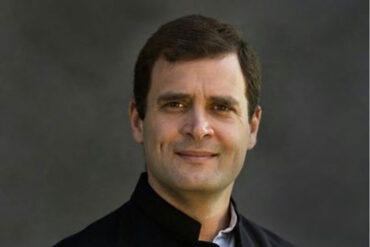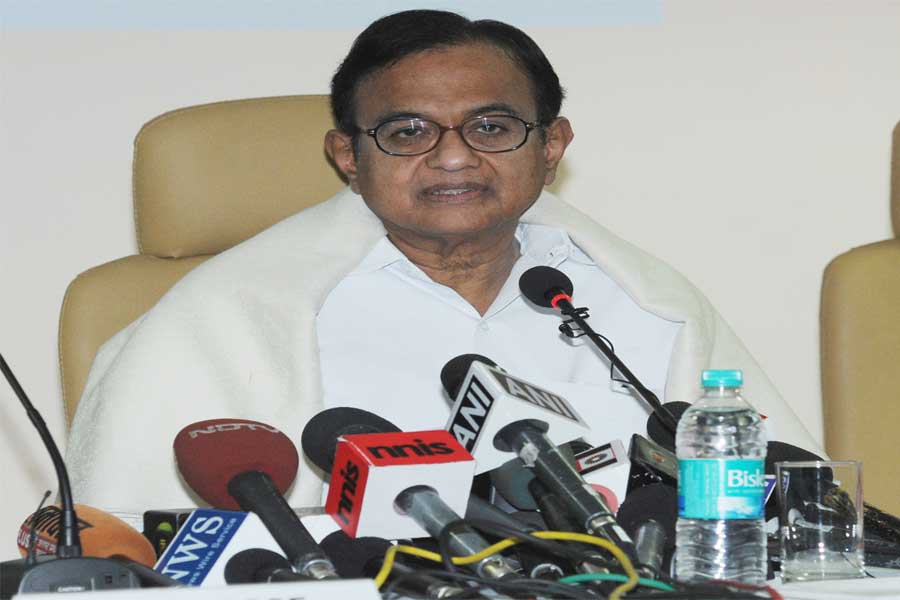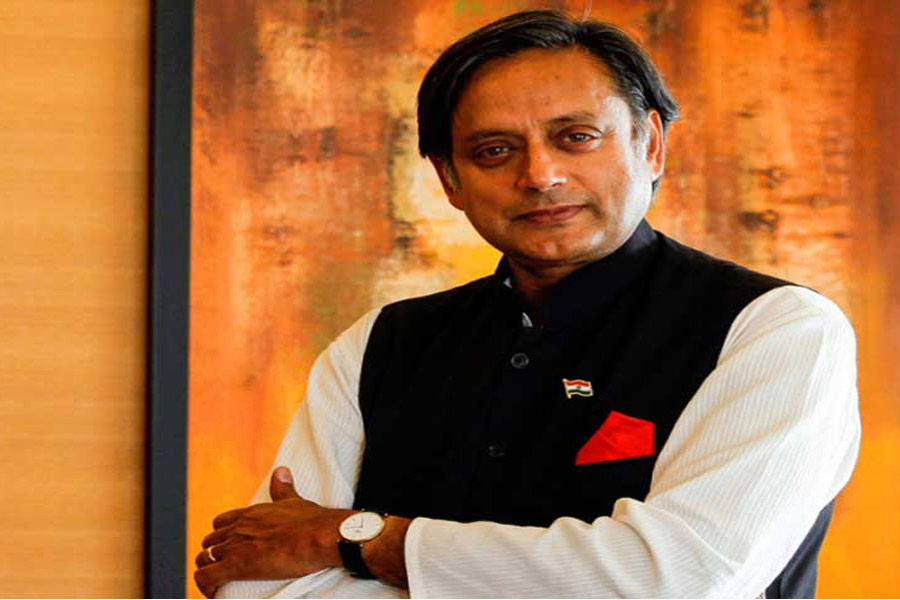It might not be the end of the political career of Palaniappan Chidambaram. Consensus is that the case against him is weak and hence he is unlikely to be convicted even in this ‘Modi-fied’ era.
But the look-out notice, arrest and detention could all be said to have severely dented the image of the former Home Minister who doesn’t walk as much as strut. Since Chidambaram is perched on the ‘wrong’ side of the political line, his prospects in the immediate future seem not all that pleasant.
All the same a talent-starved Congress will do all it can to bail him out. Chidambaram is not exactly a grass-roots politician, not very popular even in his native Sivaganga in southern Tamil Nadu, a backwater with little to boast of for its association with a high-flying leader. He represented the constituency in the Lok Sabha for many years and was a central minister too, but he never bothered to nurse the region. His electoral victories could be largely attributed to the clout of alliance partners.
A flourishing Chennai-based lawyer, Chidambaram owes his astounding success in the political arena thus far to his indisputable intellectual acumen. A protégé of another intellectual giant from Tamil Nadu, C Subramaniam, (a union minister and part of Indira Gandhi’s cabal), Chidambaram later went on to become a trusted deputy of G Karuppiah Moopanar, as the latter grew in stature.
Indira Gandhi was reportedly impressed with the Madras lawyer’s translation of her speech and Chidambaram became the one-man think-tank of Moopanar. Thus did he manage to become MP time and again though he belonged to the numerically small Nattukkottai Chettiar community, a Tamil counterpart of the Marwaris.
First made a Deputy Minister by Rajiv Gandhi, Chidambaram was the brain behind the infamous defamation bill. It was withdrawn following furious opposition, but his stocks went up within the party and the government in the aftermath.
When Moopanar walked out of the Congress protesting alliance with the unpopular Jayalalithaa-led AIADMK in 1996, Chidambaram followed suit. The fledgling Tamil Manila Congress joined hands with the DMK to score a stunning victory, blanking out the official Congress. In the United Front government that followed, Chidambaram bagged the Finance Ministry. His ‘dream budget’ of 1996-97, proposing many business-friendly reforms, predictably earned him kudos among industrialists. Unfortunately for them and Chidambaram, the dream didn’t transform to reality and he was blamed for many subsequent difficulties. But his prestige had gone up several notches, and he could be said to have cemented his position in circles that matter.
It may also be interesting to know that he had once been rather close to N Ram of The Hindu and was among the small Left group that used to bring out the now defunct Radical Review. But the radical had few qualms embracing liberalization, a pragmatic streak he was to show time and again.
When Moopanar executed a 180 degree turn to align with Jayalalitha in 2001, Chidambaram moved out and launched the TMC Democratic Forum. Soon, he floated the ‘Congress Jananayaga Peravai’ and tried fleetingly to get into the Union Cabinet of Atal Bihari Vajpayee, but it wasn’t to be. Instead, he would merge his party with the Congress and become the Finance Minister in the first United Progressive Alliance (UPA) in 2004. Back in 1996, the Finance Ministry was a gift from his leader Moopanar, but eight years later, he had raced to the top all on the weight of his own perceived merits.
An indication of his reputation can be gauged from the fact that he was made Home Minister when Shivraj Patil came under pressure to quit in the aftermath of the Mumbai terror attacks of 2008. He retained the portfolio right till 2014. His tenure is remembered for Operation Green Hunt, a ruthless crackdown on Maoists but an operation in which many innocent tribals too suffered heavily. Critics assert that Muslims too were the victims of the government’s highhandedness under his watch.
Still, such is the aura he has acquired over a period of time that he remains highly valued by the Congress high command as also among liberals. As for the INX Media or the Aircel-Maxis cases, the evidence against him is highly circumstantial, no doubt. But one shouldn’t forget his name figured prominently in the Fairgrowth scam of the Narasimha Rao era—besides, when the Indian Bank seemed on the verge of collapse in the nineties, Chidambaram had a lot to answer for with regard to unsecured loans. That he didn’t is another issue altogether.
His son Karti, now an MP, has figured in a few scams, accumulated wealth quite probably disproportionate to his known sources of income. Chidambaram does hail from a traditionally rich industrialist family, and his wife is a lawyer of repute in her own right. But Karti, the businessman, is their creation in more senses than one, and his burgeoning wealth inevitably raised eyebrows all round.
The father-son duo is likely to be hauled from one court to another, and the resulting media frenzy would add further to Chidambaram’s embarrassment. With Congress’s fortunes at its lowest ebb, the tribulations of the Chidambarams would continue for the foreseeable future. Solicitor General Tushar Mehta told the courts, “Chidambaram has tremendous potential of not cooperating in probe since he is highly intelligent…” It remains to be seen whether this much-famed intelligence will pull him through.







